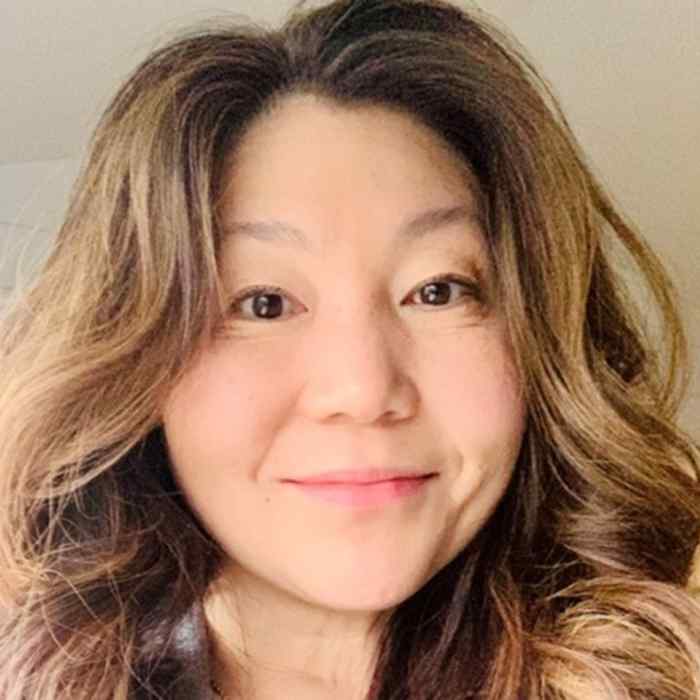Sleep Technology
Delivery Options
Popular Careers
Awards

Play this video with descriptive audio.
Effective Spring 2024, the Sleep Technology program will no longer be accepting new students.
Sleep Technologists play a key role in the rapidly growing field of sleep disorders diagnosis and treatment. As a Sleep Technology student you will prepare, record and analyze clinical sleep studies, as well as provide patient care and education under the direction of a physician. The Sleep Technology degree program teaches the knowledge and skills needed to perform diagnostic testing and therapeutic interventions for patients with sleep disorders.
Highlights
- Experienced sleep technologists can test-out of program coursework to earn credit toward the degree.
- The Sleep Technology program is one the few programs in the country that awards associate’s degrees.
- The program is accredited by the Commission on Accreditation of Allied Health Education Programs (CAAHEP).
- Graduates are immediately eligible to sit for the national Registered Polysomnographic Technologist (RPSGT) examination.
- On average graduates make \$30/hour to start. Average salary per year is \$58,300 - \$73,900.
Award Requirements and Course Descriptions & Outlines
Please select the award below to view the degree options and requirements in the college catalog.
- Sleep Technology (Polysomnography) A.A.S. Degree—60 credits
- Course Descriptions & Outlines
- Transfer Agreements
All students interested in the Sleep Technology (Polysomnography) program need to complete PSOM 1000 prior to entering the program in the Spring. Students may complete the other specific general education courses (listed under the first semester curriculum) prior to acceptance into the program or while enrolled in the program. The PSOM program enrolls 24 students full time each spring.
Program Start & Location
Classes are held on the Minneapolis College campus, online and at participating internship sites. The program starts in the spring semester, however you will need to successfully complete first semester courses before starting the courses for this major. Experienced sleep technologists have the opportunity to complete all courses online and receive credit by examination for accelerated degree completion.
Professional Licensure or Certification Disclosure
Successful completion of the Sleep Technology (Polysomnography) meets the educational requirements to be eligible to sit for the national Registered Polysomnographic Technologist (RPST) examination. Minneapolis College is required to identify if our degree meets the educational requirements outside of Minnesota. More information can be found by visiting the Licensure/Certification Disclosures webpage.
Additional requirements such as state-specific examinations, background checks, feed, additional training, experience and coursework, etc. may apply.
If you have further questions about Sleep Technology licensure, please feel free to reach out to Heidi Aldes, Dean of Enrollment Management.